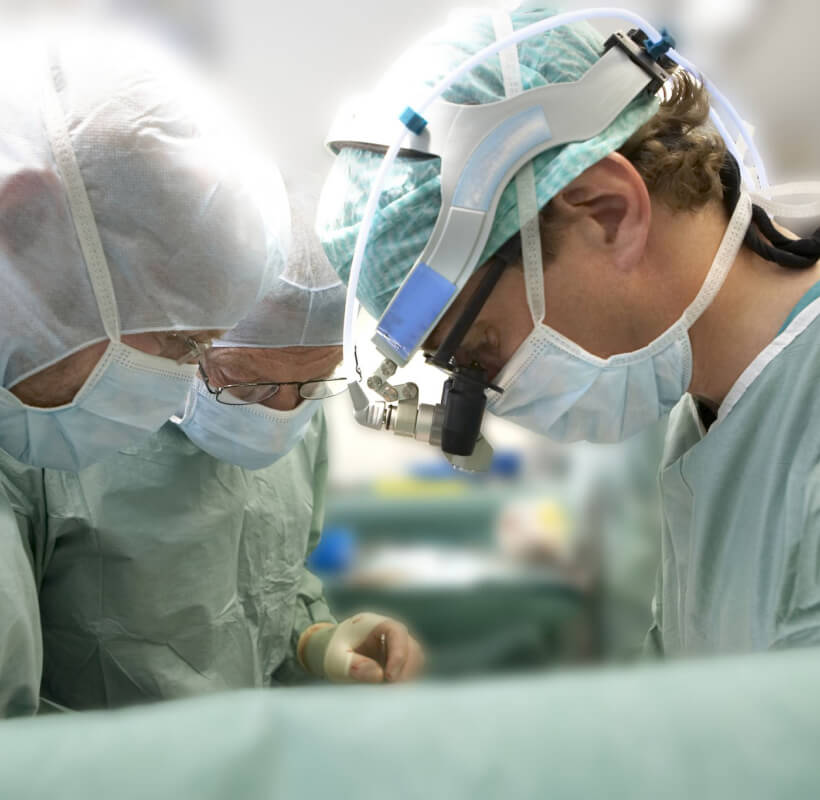
My future

What happens after the procedure?

Surgical aortic valve replacement greatly improves quality of life and symptoms for most people.1 Just like any surgery, it comes with some risks, but serious complications are not common.2 The risk of dying as a result of surgical aortic valve replacement is much lower than the risk of leaving severe aortic disease untreated.2

Lifestyle adjustments required for mechanical vs. tissue valves


Mechanical valve
While mechanical valves last longer, tissue valves have several other advantages over mechanical valves.5
If you get a mechanical valve, your doctor will prescribe lifelong blood-thinners to you.6 This type of medicine decreases the blood’s natural ability to clot.7 Tissue valves, including the INSPIRIS RESILIA aortic valve, do not require you to take lifelong blood-thinners.5
Those who take a special type of anticoagulant known as a vitamin K antagonist need a blood test (commonly called a international normalised ratio) every two to four weeks to monitor their levels of blood-thinner.7 Some common foods, over-the-counter medications and alcohol can alter the effects of these types of anticoagulants, meaning people with mechanical valves must watch what they eat.7
People on mechanical valves must also avoid any activities that could increase their risk of bleeding, such as contact sports.7
Tissue valves, such as the INSPIRIS RESILIA valve, are silent as they work in your heart. However, mechanical valves can be heard by you and people nearby, as they open and close.8
References
- British Heart Foundation. Heart Valve surgery. Available at: https://www.bhf.org.uk/informationsupport/treatments/valve-heart-surgery. Accessed June 2024.
- NHS. Risks. Aortic valve replacement. Available at: https://www.nhs.uk/conditions/aortic-valve-replacement/risks/. Accessed June 2024.
- NHS. Recovery. Aortic valve replacement. Available at: https://www.nhs.uk/conditions/aortic-valve-replacement/recovery/. Accessed June 2024.
- Mayo Clinic. Aortic valve stenosis. Diagnosis & treatment. Available at: https://www.mayoclinic.org/diseases-conditions/aortic-stenosis/diagnosis-treatment/drc-20353145. Accessed June 2024.
- British Heart Foundation. Heart Matters Magazine. How do replacement heart valves work? Available at: https://www.bhf.org.uk/informationsupport/heart-matters-magazine/medical/replacement-heart-valves. Accessed June 2024.
- Vahanian A, et al. Eur Heart J. 2022;43:561–632.
- Fiumara K, et al. Circulation. 2009;119:e220–e222.
- Pederson TA, et al. J Heart Valve Dis. 2008;17(5):579–582.
No clinical data are available that evaluate the long-term impact of RESILIA tissue in patients. Additional clinical data for up to 10 years of follow-up are being collected to monitor the long-term safety and performance of RESILIA tissue.
Medical device for professional use
For a listing of indications, contraindications, precautions, warnings, and potential adverse events, please refer to the Instructions for Use (consult eifu.edwards.com where applicable).
